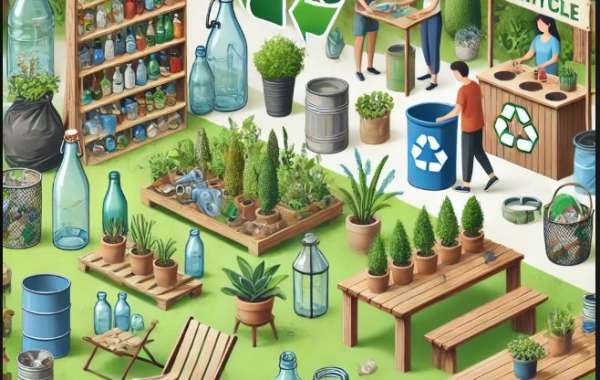With the rapid increase in waste production, finding innovative ways to reuse garbage materials has become essential for a sustainable future. Reusing waste not only reduces landfill pollution but also conserves natural resources and minimizes energy consumption.
Benefits of Reusing Garbage Materials
Environmental Conservation – By reusing materials, we reduce the need for raw materials, thus preserving forests, water, and minerals.
Reduction in Pollution – Less waste in landfills means lower methane emissions and reduced soil and water contamination.
Energy Efficiency – Reprocessing used materials often requires less energy than manufacturing new ones.
Cost Savings – Households and businesses save money by reusing or repurposing items rather than purchasing new products.
Innovative Ways to Reuse Waste
Plastic Bottles – Can be transformed into plant holders, storage containers, or even building materials.
Glass Jars – Useful for storing food, as DIY candle holders, or as decorative items.
Old Clothes – Upcycled into bags, pillow covers, or cleaning rags.
Paper Waste – Can be repurposed into handmade notebooks, gift wrapping, or craft projects.
Metal and Wood – Used for furniture, home décor, or even construction purposes.
Community Initiatives for Waste Reuse
Many communities worldwide have adopted programs that encourage the reuse of garbage materials. Swap shops, repair cafés, and recycling drives promote awareness and participation in sustainable practices.
Conclusion
Reusing garbage materials is an effective way to reduce waste, save resources, and contribute to a healthier planet. By incorporating small changes in our daily lives, such as repurposing old items or supporting businesses that promote sustainable practices, we can collectively make a significant impact.








